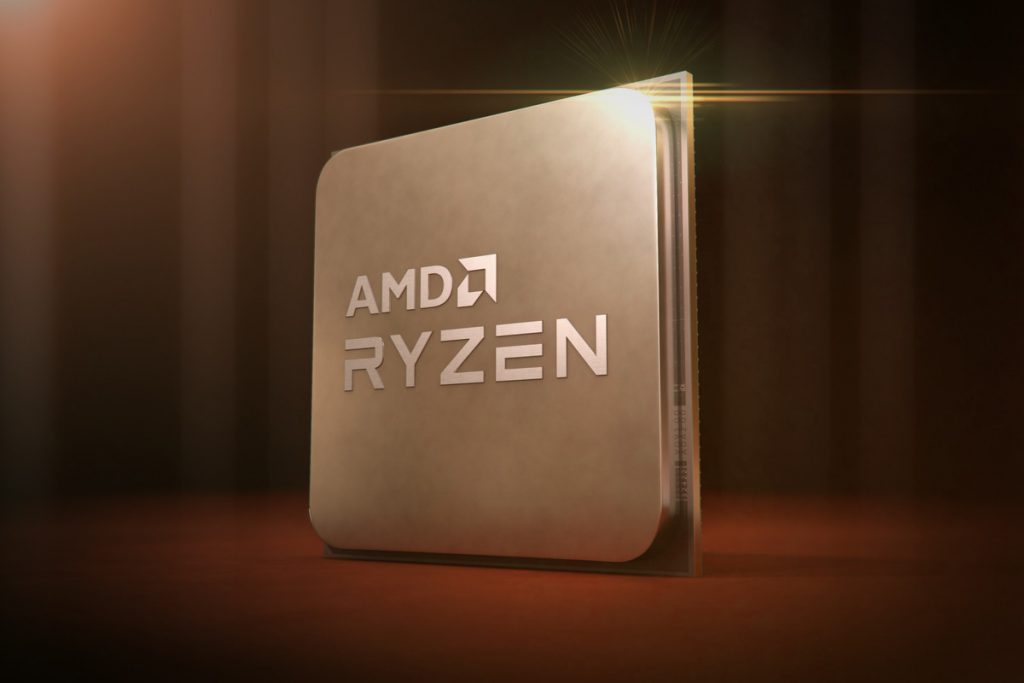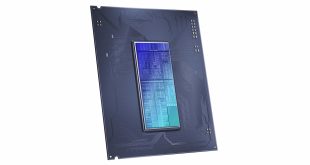Last month, AMD representatives asked for help to resolve USB connectivity issues found on 500-series motherboards. After investigating these issues, it seems a fix has finally been found and it should be included with the new AGESA 1.2.0.2 firmware update next month.
Since the release of AMD 500-series motherboards, a number of users reported that their USB devices were being randomly disconnected. This also caused issues with USB audio devices and became more frequent amongst users with capture cards and high-end GPUs, leading to the theory that it was a bandwidth issue. Community workarounds included reducing the PCIe interfaces from 4.0 to 3.0 and switching USB 3.0 ports to 2.0. This seemed to help, but was not an ideal fix, leading to AMD's intervention.
After a few weeks of investigation, AMD has found the root cause of the issue, stating the following on Reddit: “We would like to thank the community here on r/AMD for its assistance with logs and reports as we investigated the intermittent USB connectivity you highlighted. With your help, we believe we have isolated the root cause and developed a solution that addresses a range of reported symptoms, including (but not limited to): USB port dropout, USB 2.0 audio crackling (e.g. DAC/AMP combos), and USB/PCIe Gen 4 exclusion.”
The fix will be coming in the next AGESA 1.2.0.2 BIOS update, which is scheduled to release in April. However, some motherboard manufacturers may make beta versions of the BIOS available prior to release, so if you've been affected by this particular issue, you may be able to obtain the fix a bit earlier through your motherboard vendor's website.
KitGuru says: Have you been impacted by these USB connectivity issues at all?
 KitGuru KitGuru.net – Tech News | Hardware News | Hardware Reviews | IOS | Mobile | Gaming | Graphics Cards
KitGuru KitGuru.net – Tech News | Hardware News | Hardware Reviews | IOS | Mobile | Gaming | Graphics Cards



